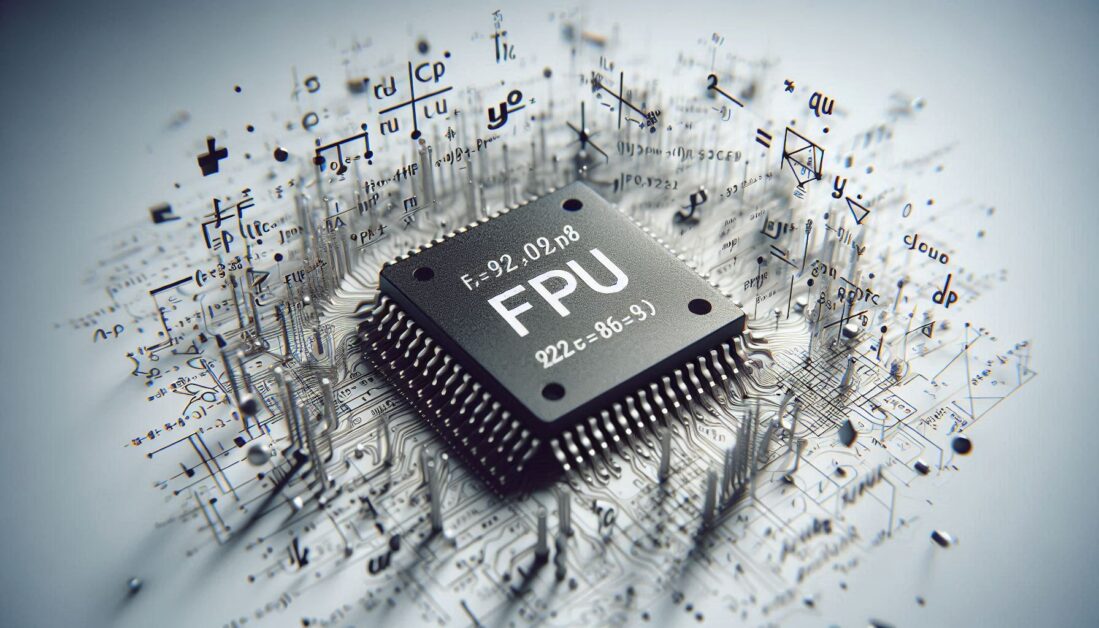Data Communication Modules (DCMs) play a vital role in the world of digital communication, providing a bridge for seamless data transfer across networks. In an age where connectivity and real-time data are essential, these modules help enable devices and systems to communicate effectively. Let’s break down the function, benefits, and applications of Data Communication Modules in an easy-to-understand way.
1. What is a Data Communication Module?
A Data Communication Module is a hardware component designed to facilitate the transmission and reception of data between devices or networks. Essentially, it acts as a translator, converting data into a format suitable for network transmission. DCMs are used in various fields, from industrial automation and smart grids to telecommunications and IoT (Internet of Things).
Key Features
- Data Conversion: Translates data into formats compatible with different network protocols.
- Network Compatibility: Supports multiple communication standards such as Ethernet, Wi-Fi, and CAN (Controller Area Network).
- Data Integrity: Ensures accurate and reliable data transmission, reducing the risk of errors or losses.
2. How Does a Data Communication Module Work?
Data Communication Modules work by interpreting data from a source device (like a sensor or computer) and converting it into a protocol that can be understood by the receiving device or network. For example, in an IoT system, the module could take data from a smart device and convert it for transmission over Wi-Fi to a central server.
Key Processes
- Encoding and Decoding: Encodes outgoing data for secure transmission and decodes incoming data for device compatibility.
- Error Checking: Monitors data packets to identify and correct transmission errors.
- Protocol Management: Selects the appropriate protocol for each connection, ensuring smooth data flow.
3. Applications of Data Communication Modules
Data Communication Modules are widely used across various industries due to their ability to standardize data transfer and enhance connectivity.
Industrial Automation
- Machine-to-Machine Communication: Allows factory equipment to communicate with control systems, improving operational efficiency.
- Remote Monitoring: Enables real-time tracking of machinery performance, which helps in predictive maintenance.
Smart Grids and Energy Systems
- Energy Data Transfer: Sends consumption data from smart meters to energy providers, enabling more accurate billing and energy management.
- System Integration: Integrates renewable energy sources with the grid for better energy distribution.
Automotive and Transportation
- In-Vehicle Communication: Used in CAN-based systems to link various vehicle components, like the engine and brake systems.
- Telematics: Supports data transfer between vehicles and cloud systems for GPS, diagnostics, and tracking.
4. Why are Data Communication Modules Important?
Data Communication Modules are crucial for connecting modern devices, systems, and networks. They enable real-time communication, which is essential in sectors like manufacturing, smart cities, and autonomous vehicles. By translating data into compatible formats, these modules allow diverse devices to work together smoothly and efficiently.
Conclusion
In summary, a Data Communication Module is a versatile and indispensable tool in today’s connected world. By facilitating accurate, reliable, and secure data transfer, these modules enable networks to operate seamlessly across a variety of industries. Whether in manufacturing, energy, or automotive fields, Data Communication Modules play a critical role in ensuring that systems stay connected and efficient.



